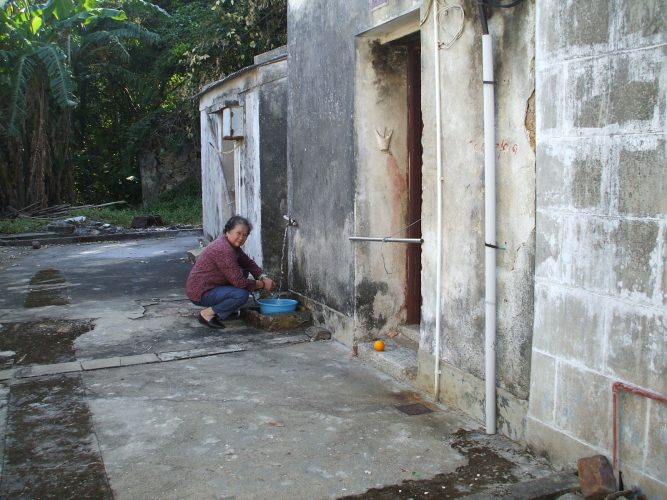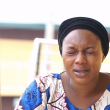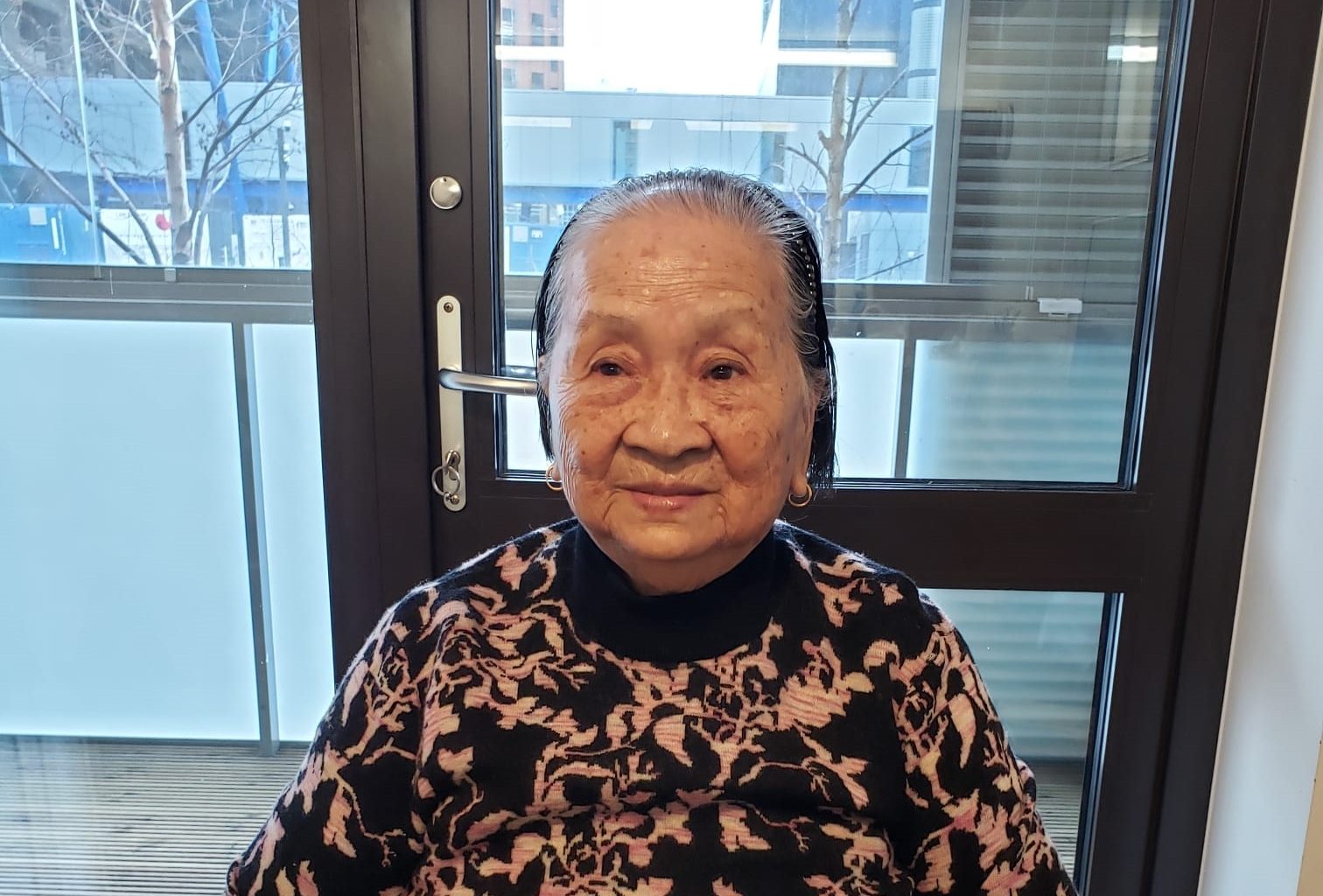In the rural outskirts of Hong Kong, Kwan labours in paddy fields. As the eldest child, she shoulders the responsibility of domestic life while her younger brothers go to school. She was raised in a time where cultural barriers stood in the way of gender equality. Her story details how a submissive girl in rural Hong Kong became a respected matriarch of her family.
Kwan was born in 1930 in Tung Chung, a farming village in the outskirts of Hong Kong. Her position as the eldest child conflicted with her sex. The culture in Hong Kong meant that the opportunities presented to her were significantly limited when compared with her brothers.
Kwan is illiterate, having never had the chance to go to school. Her, like many in her village, grew up in poverty and consequently her family could only afford to educate the eldest son.
In 1941, her father passed away. Suddenly, the main breadwinner of the family was gone, and Kwan, as the oldest, was forced to help her mother raise her siblings. Barely a teenager, she began working. She details how raising crops in paddy fields was back breaking work but necessary for survival.
Back then poor people didn’t go to school and my father was poor. We were barely able to eat, let alone go to school
The death of her father was not only an economical loss but also the loss of Kwan’s most important relationship.
In Hong Kong, family hierarchy is very important and even in the context of the patriarchal society, a father’s love for his first child overcame the social inequalities at the time.
As typical in Hong Kong households, Kwan’s mother became the head of the household and dictated family affairs. Kwan’s husband was found for her by her mother.
Kwan expressed how during this time, she wasn’t happy. Without a say in her marriage, she went from being submissive to her mother to being submissive to her husband. Despite the fact that this was the convention, Kwan’s misery was the key indicator that revealed the social injustices of the culture.
The industrialisation of Hong Kong in the 1950s meant those in rural areas were left behind. Kwan and her family left Hong Kong in 1978 and moved to the United Kingdom, in search of better opportunities for her children. Kwan laments over the change that has occurred in Hong Kong in the years since.
The pollution of Hong Kong has become a serious problem, smog means that visibility in the city is less than eight kilometres, power plants emit over 75,000 tonnes of carbon dioxide daily and cases of asthma and bronchial infections have increased.
The area where Kwan grew up has resisted the industrialisation of Hong Kong, with 40% of rural land protected, the villages and farmland of Kwan’s youth are as they were when she was a child. Kwan visits her village every year for the Chinese New Year celebrations and stays in the house in which she raised her family in San Tau Village.

Following the death of her own husband, Kwan has become the matriarch of her family. She heads four generations and has become the maternal figure for her nieces and nephews following the death of her siblings. Kwan now lives in London, where she volunteers at a social club. She enjoys cooking and spending time with her family.
She believes that things are a lot better for women today than they were in the past and uses her experiences to lead her family towards a fairer future.
Kwan’s story is one of overcoming adversity: in poverty, war and the patriarchal culture in which she was raised, her determination for a better life led her to conquer the challenges she faced as an impoverished girl to become a respected matriarch.








